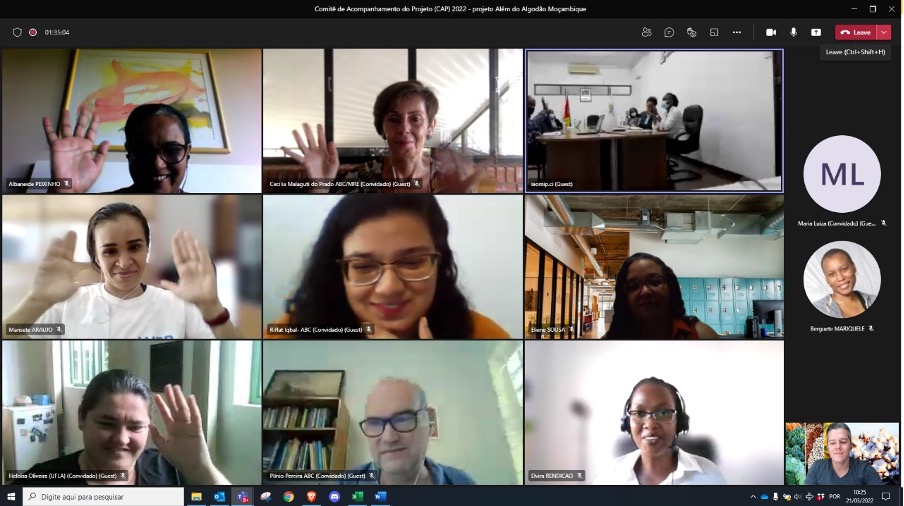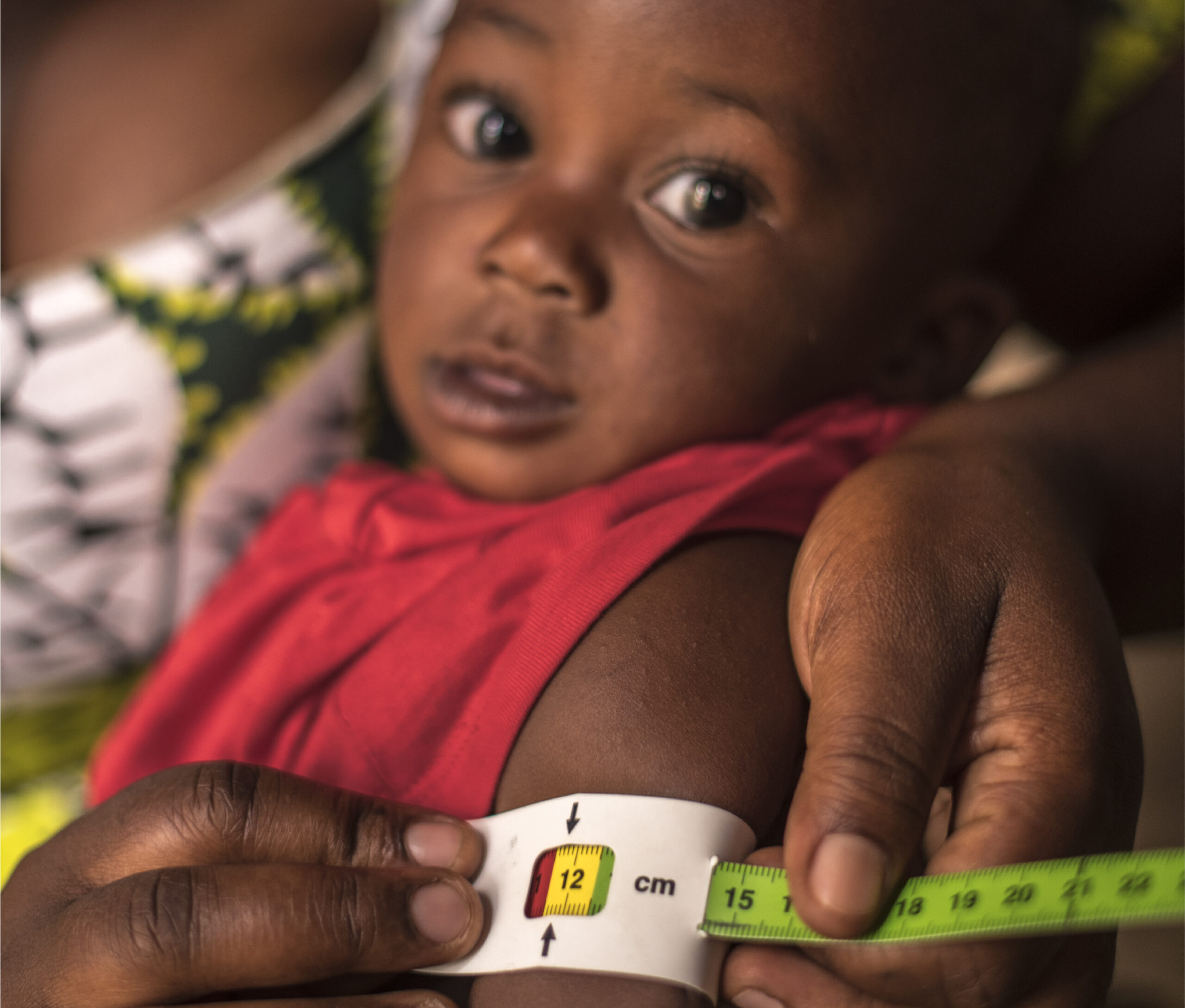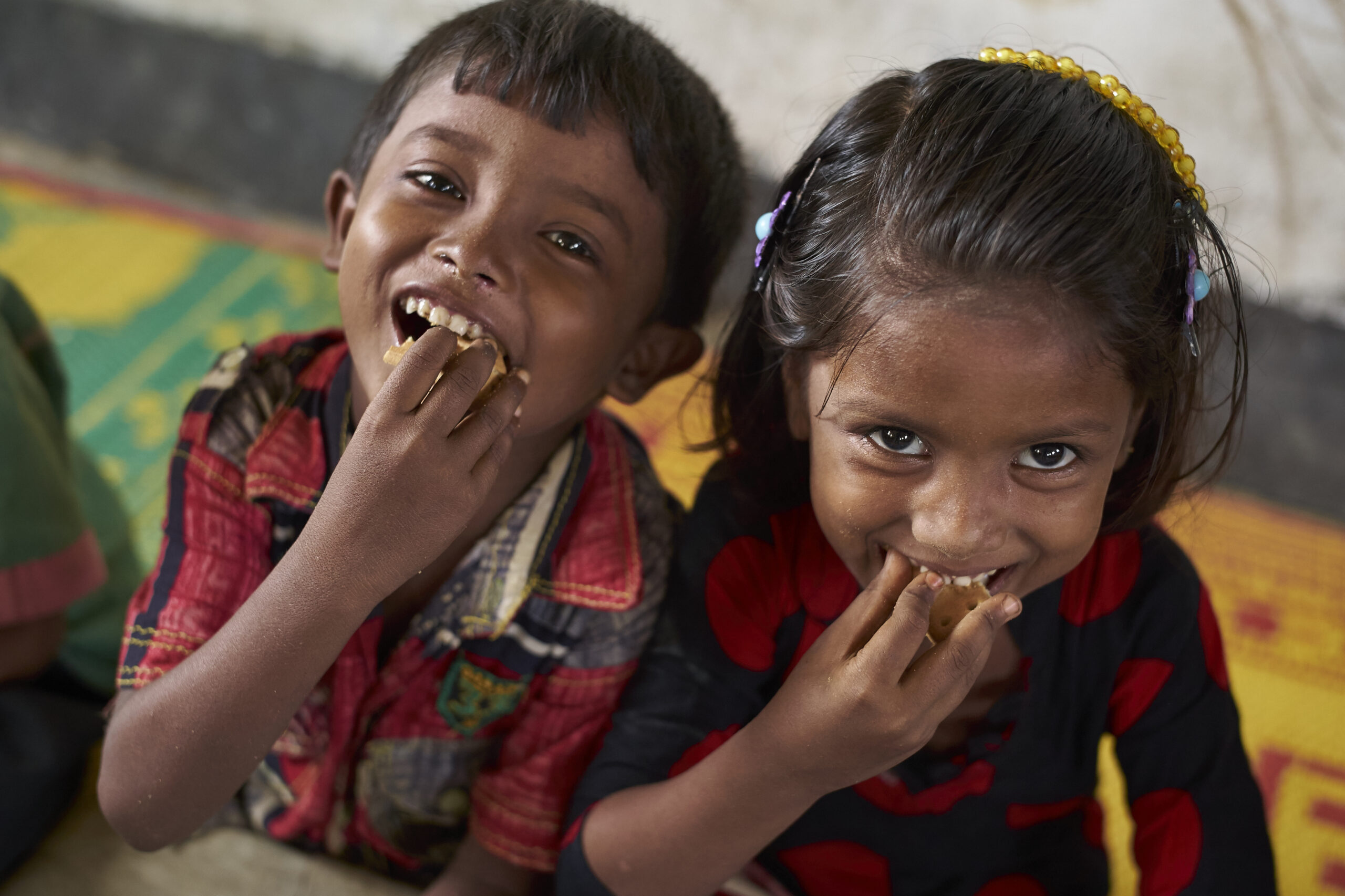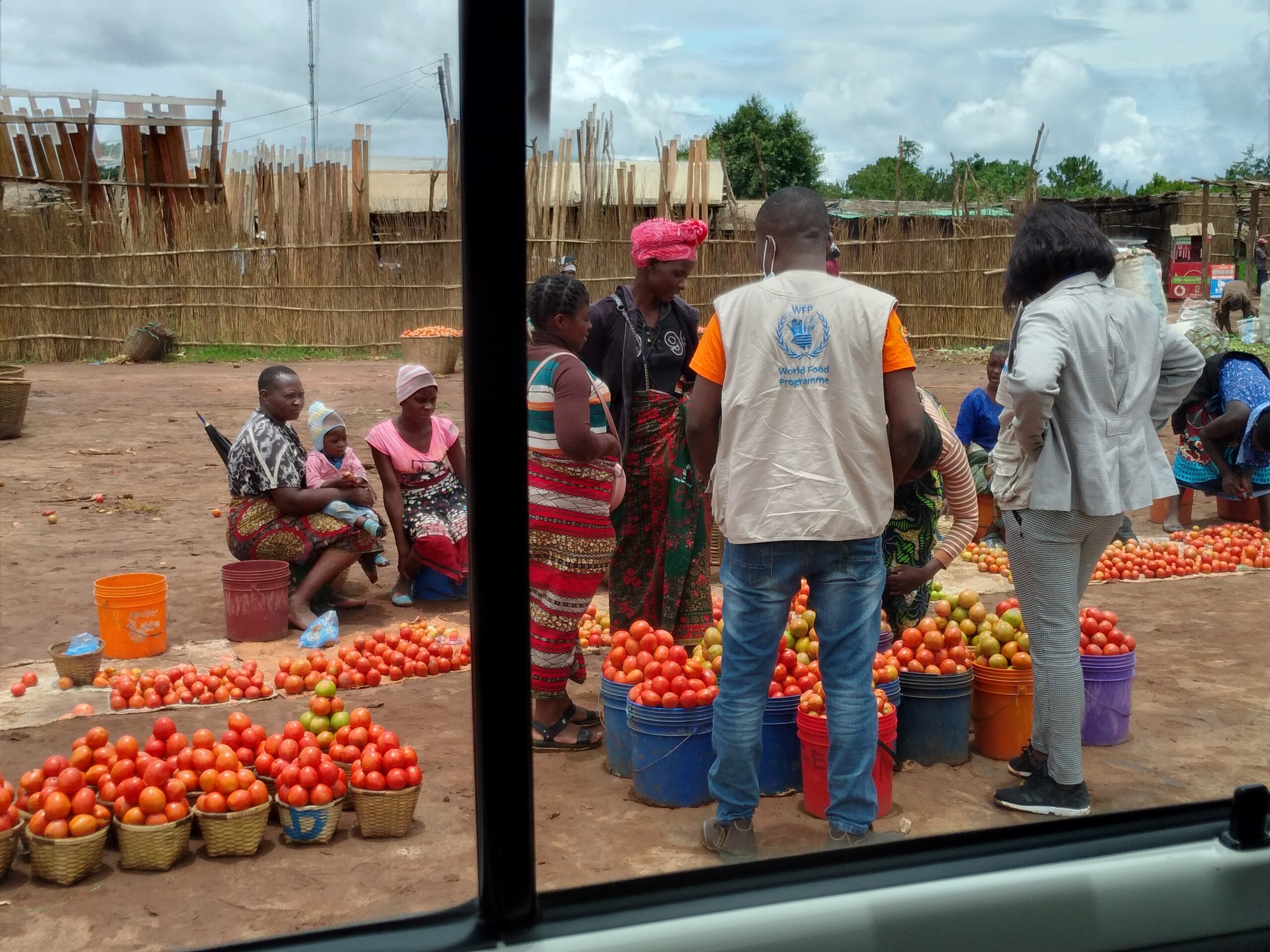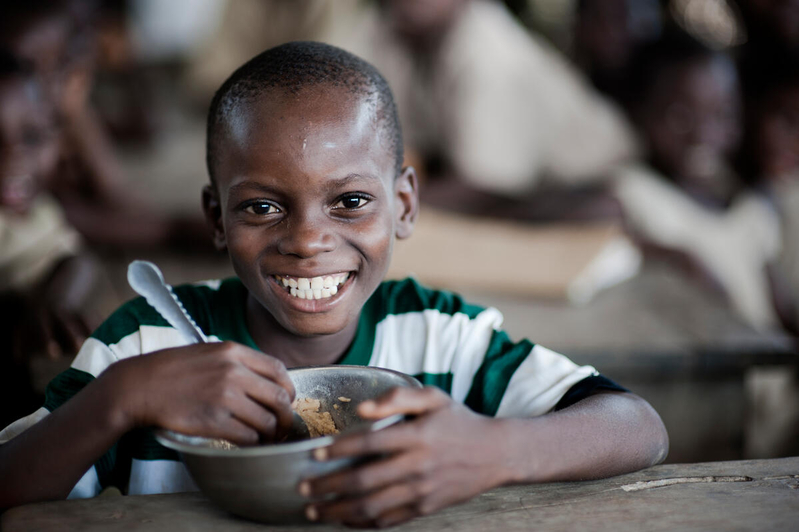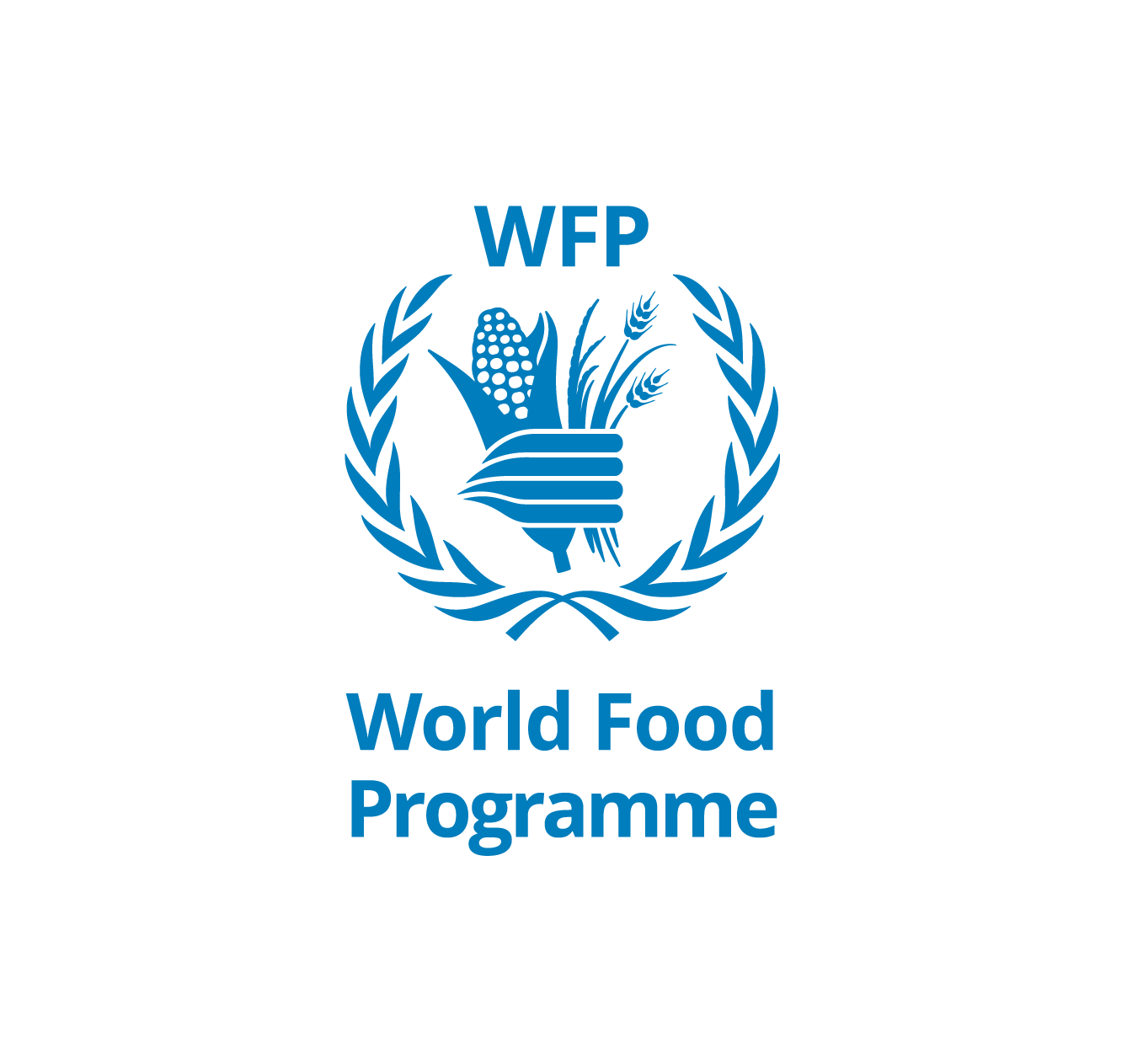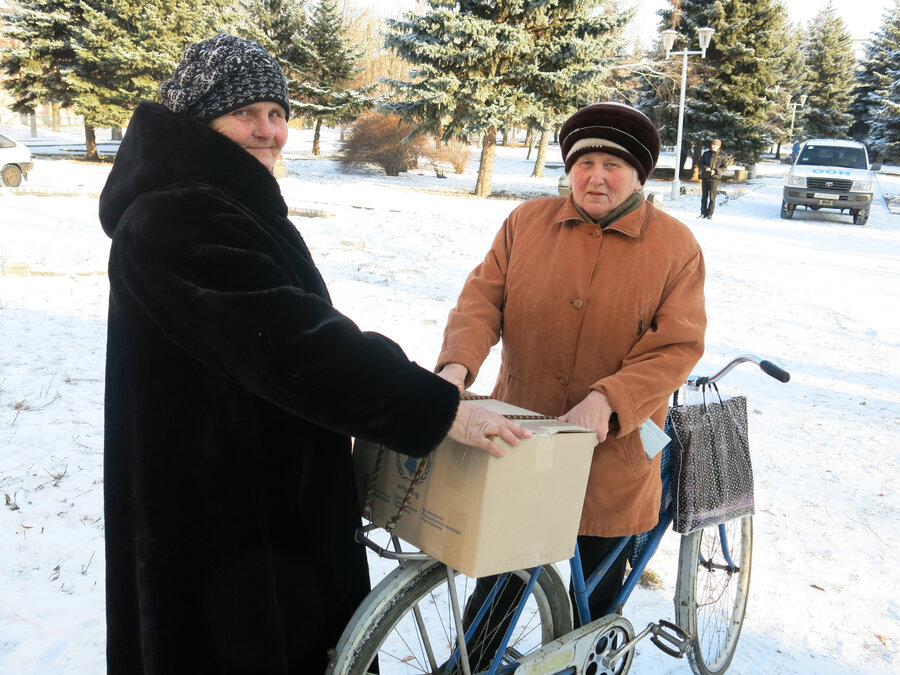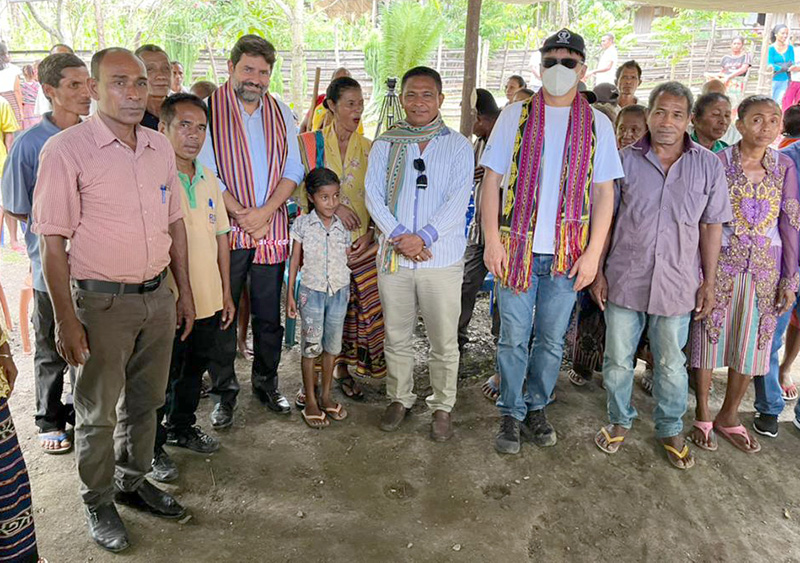Annual Operating Plan for Beyond Cotton in Mozambique in 2022 approved
The Beyond Cotton project took another important step in Mozambique…
Beyond Cotton: Project Document for Tanzania approved
On Friday, March 18, the Beyond Cotton project team and…
Excessive salt consumption: the impacts on child nutrition
Excessive salt consumption is among one of the main causes…
The role of South-South and Triangular Cooperation in addressing the multiple burden of malnutrition
On Thursday, March 17, the World Food Programme (WFP), UNICEF…
International School Meals Day: the support offered by the Centre of Excellence to countries across the world
Since its launch in 2013, the International School Meals Day,…
Beyond Cotton: project team carries out mission to assess market in Mozambique
The technical team of the Beyond Cotton project went on…
African Day of School Feeding: promoting nutrition and building human capital
The African Day of School Feeding, celebrated on March 1st,…
WFP EXECUTIVE DIRECTOR STATEMENT ON IMPACT OF CONFLICT IN UKRAINE
ROME – We are deeply concerned about the evolving conflict in…
Ukraine: WFP ready to step in as conflict erupts
Staff could be on the ground in 72 hours to…
With support from WFP, Brazil makes donation to food project in East Timor
The Brazilian government has responded to a call from the…





